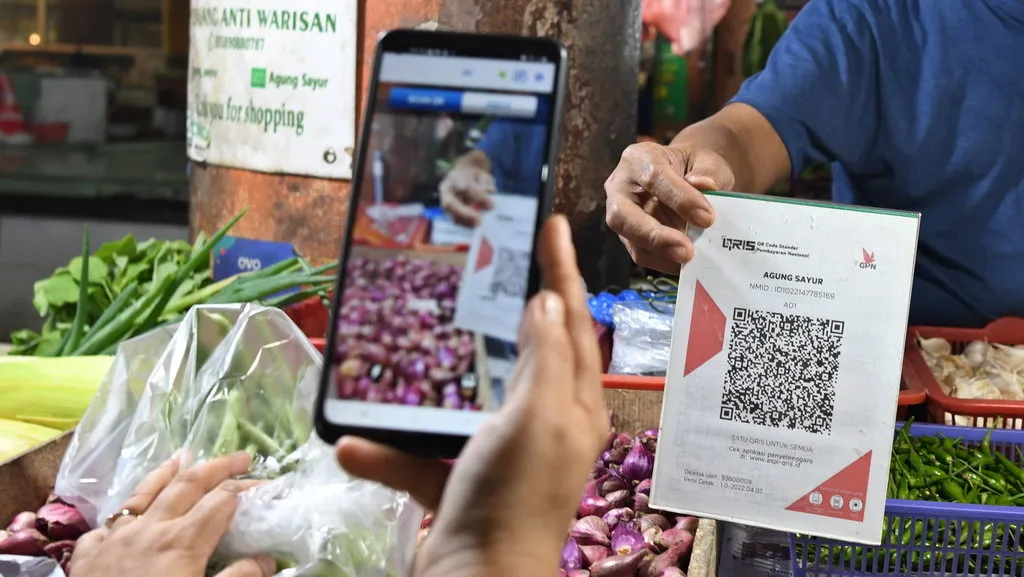Jakarta continues to dominate Indonesia’s digital payment landscape, contributing nearly half of all transactions made using the Quick Response Code Indonesian Standard (QRIS). According to the Bank Indonesia (BI) Jakarta Representative Office, the capital city accounts for 43–45% of national QRIS transactions.
“QRIS transactions in Jakarta are almost 50 percent of the national total, around 43–45 percent. Jakarta represents nearly half the face of Indonesia,” said Yosamartha, Deputy Head of BI DKI Jakarta, as quoted by Antara on Tuesday (Aug. 12, 2025).
Data from BI DKI Jakarta shows that by April 2025, the number of QRIS users in the city had reached 6 million, with a transaction volume of 258.15 million. QRIS usage also contributed 0.53% to Jakarta’s Regional Original Revenue, underscoring the growing role of digital payments in the city’s economy.
Driving Jakarta Toward a Digital Global City
BI emphasized, digitalization is essential in supporting Jakarta’s transformation into a global, culturally rich city. As part of these efforts, the central bank is organizing the National QRIS Week or Pekan QRIS Nasional (PQN) which will blend technological innovation with cultural themes to engage the public.
“We will push for Jakarta to become a digital city, a global city with culture. The interesting part is that cultural element. That’s why the PQN theme will be packaged with a cultural touch,” Yosamartha explained.
Beyond payments, BI DKI Jakarta has also been monitoring the capital’s economic performance. In the second quarter of 2025, Jakarta’s economy grew 5.18% year-on-year, up from 4.95% in the same period last year. Growth was mainly driven by strong household consumption and investment, with household spending rising 5.13%, albeit slightly slower than the previous quarter’s 5.36%.
Local Government Targets Bigger Digital Market Share
At the opening ceremony of PQN Jakarta on August 12, 2025, Jakarta Deputy Governor Rano Karno expressed optimism that the city’s share of QRIS transactions could grow even further.
“I’m confident it could reach 75% this year,” he said, noting that the Jakarta Provincial Government is stepping up efforts to digitalize traditional markets.
Governor Pramono Anung has also pledged continued public education campaigns to encourage the use of digital payment systems, particularly in local markets where cash transactions still dominate.
The push for greater QRIS adoption is part of a broader strategy to position Jakarta as a leader in Indonesia’s digital economy. BI officials emphasize that widespread use of contactless and QR-based payments will not only improve transaction efficiency but also support transparency, data accuracy, and tax collection.
QRIS, launched nationally in 2019, has become the standard for cashless transactions across Indonesia. Its growing adoption in Jakarta reflects the city’s rapid digital transformation and strong consumer acceptance of mobile-based payments. The system allows seamless transactions across banks, e-wallets, and payment service providers, making it a vital tool for both small merchants and large retailers.
With the combination of strong public uptake, government commitment, and private sector innovation, BI DKI Jakarta is confident the city will maintain — and possibly increase — its dominant share in national QRIS transactions.
Source: Antara, MerahPutih, Rmol
Photo Credit: via tirto.id


